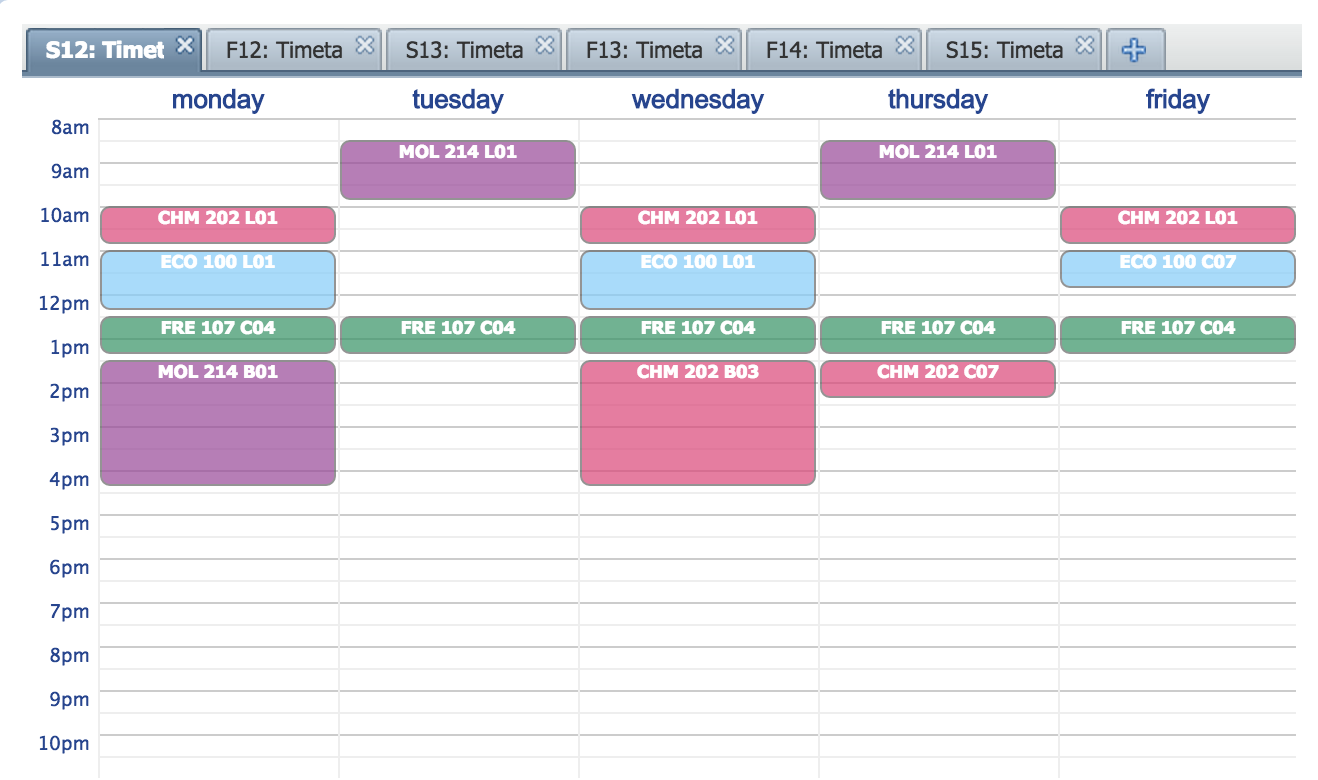APS Block Schedule - 90 minute core classes
Anonymous
DP. I think a question is why do independent reading in class when that can be done at home? |
Anonymous
Not a teacher but my guess would be, what if some kids don't read it? Then it's hard to have a productive discussion. If you give everyone 20 min. to reach chapter 3 and then have a discussion, it might be more effective. |
Anonymous
Makes sense, but then there's a lost opportunity for interactive learning that could have occurred with the teacher or peers during that time. Trade-offs, I guess. Still seems disappointing to have everyone lose the interactivity because some kids don't read it otherwise. |
Anonymous
Well, that's public school equity for ya. What if kids don't have electricity in their houses, or they work until midnight, or they have a baby or two already, or blah blah blah... ? We couldn't punish them for not reading or deprive them of further opportunities to learn by engaging in discussion over content they were unable to get to in their busy lives of work, sports, childcare, or anything else but studying. If you want strict standards and, it appears, a traditional schedule, looks like you have to go private. |
Anonymous
The short answer is we do a lot of the reading in class (sometimes individually, sometimes as a group) because unless it’s an AP class you can’t assume the kids will have read on their own or that they did and understood well enough to have a thoughtful discussion. We do a lot of it in class because with work and activities kids will not go home and read it. This is especially true in an academic level or inclusion class where the kids legitimately need reading support to access the texts meaningfully. |
Anonymous
Pulling small groups for reteaching and assistance usually since I was able to see in their formatives done in group practice who got it and can move on to practice independently and who needs it again in a smaller group. Additionally, I’m providing help as kids working independently have questions or need assistance. This is what I mean when I say you clearly have no idea what teaching actually is. The fact you even thought this was a gotcha question, lmao. |
Anonymous
Because most DON’T do it at home. They don’t have the time or the quiet space or access to books or they’re kids and do more fun things instead. The kids who will always read will read at home independently. The kids who never read? Might never read if we don’t build it into class and have conferencing and accountability and space and book recommendations for it. I am once again BEGGING you all to think outside your upper middle class dually higher educated homes and consider we teach many students who do not have the same academic behaviors or outcomes as you and your specific children. |
Anonymous
You don’t lose the interactivity. You actually get to have it because everyone for sure did the reading. We all read a chapter together - everyone has read it now. They even processed it together as they read! We have an activity or discussion or written response based on that reading. There is time for this in an 88 minute block. |
Anonymous
I teach standard classes. I am not lecturing for 90 minutes (who wants that?), but it’s not study hall either. Group work, independent work, other activities are the norm. |
Anonymous
I had 3 "block" classes on same days in college. I don't think high schools do it because colleges do it. It's a side benefit to helping high school students be better prepared for college and develop longer attention spans. Lord knows they need. |
Anonymous
This has been painfully clear this whole thread. |
Anonymous
Thank you. That is more informative. |
Anonymous
I think the impression is they get more actual instruction time because the teachers, on an every day schedule, would be "instructing" the whole time - or most of the time - 5 days a week (5 x 40 = 200 minutes of instruction); whereas with the 90 minute blocks, they may only lecture/instruct for half that time (45 x 2 = 90; or 45 x 3 = 135 minutes of actual instruction per week v. the 200 minutes a week from every day). The impression is that there is a lot of non-instruction time taking place that otherwise would not. Kids are doing "homework" in class instead of at home; so class time is being taken up by activity that used to be done after school or outside of class. |
Anonymous
I don't think you understand the math program. Nobody is doing pre-algebra over 3 years. "Math 8" is "pre-algebra." "Math 6" and "math 7" are the math classes traditionally taken prior to taking pre-algebra; then algebra traditionally taken in 9th. Where are you getting this "pre-algebra over 3 years" idea? |
Anonymous
Perhaps because their kids keep telling them all the non-class related stuff they talk about/do during their classes because they didn't have anything else to do. |

